5 Facts You Should Know About Botanical Extracts Benefits in Cosmetics
In recent years, more and more people not only pursue natural, organic and pollution-free food but also advocate natural and cosmetics products. It is believed that skin care products containing "botanical extracts" are safer than those chemical skin care products and will not irritate the skin. At the same time, in the eyes of some people, no high-end laboratory can compare with the magic of nature.
However, is this really the case? Are natural plant extracts in cosmetics necessarily better? What exactly are plant extracts? Does it really work? What's the use of it in cosmetics? Below are 5 facts you should know about botanical extracts benefits in cosmetics, knowing these facts will help you avoid many cosmetic traps and save a lot of money.
People have been using plants for skincare or treating skin related diseases for thousands of years. With the development of modern science, scientists are racking their brains to make the most of the active ingredients in plants.
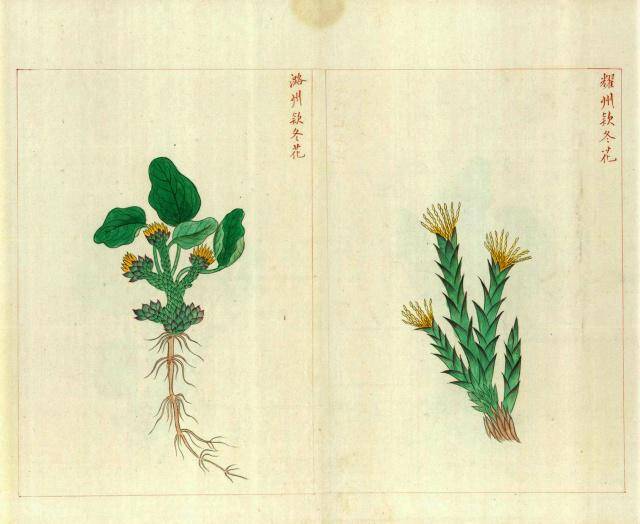
What’s the Botanical Extract?
It refers to a plant product formed by separating and purifying one or more active ingredients from plant raw materials through physical, chemical, and biological methods, with biological small molecules and polymers as the main body.
The Botanical Extracts in Cosmetics are much more complex than imagined. The "List of Names of Used Cosmetic Ingredients" (2015 edition) has announced 8783 types of used cosmetic ingredients, of which more than 2000 are plant based ingredients.
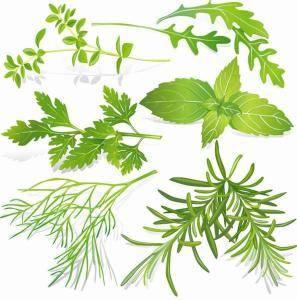
What Exactly Are the Ingredients in Plant Extracts?
As for the main components in plant extracts, it depends on which plant extracts it is. A plant has different parts, and the components of each part are different, and the things extracted are also different. Therefore, the components in plant extracts are quite complex. So in the general ingredient list, "XX plant extract" will be written, such as "licorice extract", "Centella Asiatica extract", "purslane extract", "chamomile extract", etc.
But even if it names XX plant extracts, it still can’t be identified what the active ingredients in the extract are.
In terms of technology, plant extraction is inevitably inseparable from separation and purification, and natural products are often complex. Separation and purification are crucial but also extremely challenging, time-consuming and laborious, and it is difficult to achieve ideal results. Therefore, plant extracts may be a single component obtained after purification or a mixture of multiple components (including useful and useless).
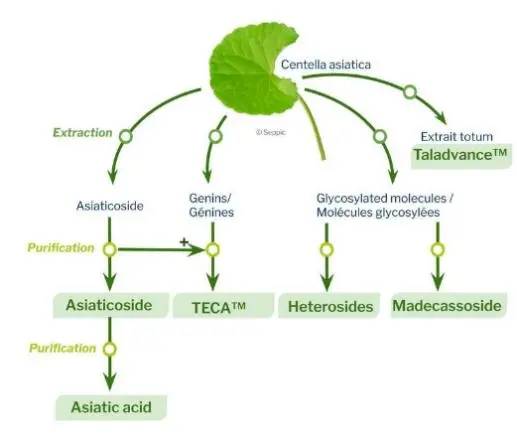
Why Can't Appear the Specific Ingredients of Botanical Extract in Cosmetics?
The ingredient of botanical extract in cosmetics is like a mysterious veil, and besides some objective reasons, there are also some merchants' tricks.
(1)Using "Plant Extracts" To Conceal Technical Secrets
The plant components are complex, and there are various methods for separation and purification. The same plant extract, using different extraction processes, and even extracting from different parts of the plant, may result in different extracted components.
However, there are no regulations or standards that require clear identification of active ingredients in the ingredient list. In order to confuse competitors and prevent them from easily understanding what the active ingredients are, raw material manufacturers use "XX extract" to name their products. This has played a confidential role to a certain extent.
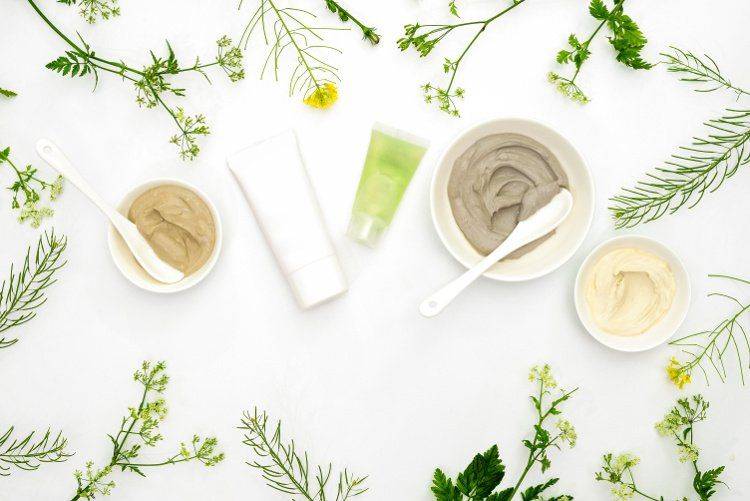
(2) Raw Material Supplier’s Trick Game
Some powerful cosmetics companies may exclusively buy out a certain raw material from a certain raw material company, but raw material merchants who have worked hard to develop raw materials do not want to sell them to only one company.
When this raw material is extracted from plants, it is often the specific chemical name of the extracted component that is bought out. The raw material manufacturer can change the product name or add some other ingredients, rename it as "XX extract", and then sell it to other cosmetics companies.
(3) Using "Plant Extracts" For Promotion
Some skincare products have added certain ingredients derived from plants, even if they know the specific chemical names of the ingredients (often this name is not well-known). In order to cater to consumers' pursuit of "green and safe skincare", they are named "plant extracts" to showcase their identity and elevate their value.
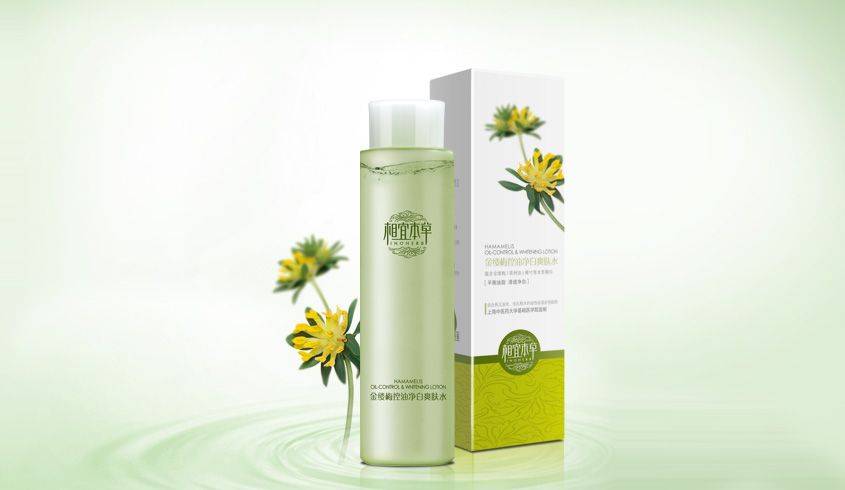
(4) Specific Ingredient Is Unknown or the Purification Process Can’t Meet the Requirements
Some "plant extracts" have been tested and found to have certain effects, but it is unclear which component is at work, or it is difficult to say which specific component is at work.
There are also plant extracts added to skincare products, even if specific active ingredients are known, due to the high purification technology requirements and high cost, the mixture is added under the name of "plant extract" (containing some useless ingredients).
If a single and clear active ingredient is to be labeled, the raw material components must meet certain purity requirements. Changing the name not only solves these problems but also makes the product more "high-end".
Is Plant Extract Really That Safe in Cosmetics?
Extracting active ingredients from plants inevitably requires the use of organic solvents, which undergo physical or chemical processes to dissolve certain components in the solvent before separation. Due to the complexity of organic components in plants, obtaining a single component is time-consuming, labor-intensive, and costly, often using mixtures as raw materials to add to skincare products.
Some plants contain active ingredients, if their chemical structure is clear, many of which are obtained through chemical synthesis rather than natural extraction from plants, such as salicylic acid from willow bark. Whether chemically synthesized or naturally extracted, even a single component cannot achieve 100% purity and may contain many impurities.
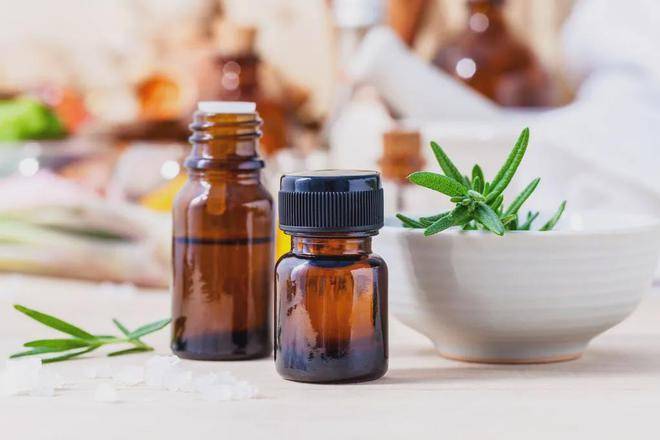
Plant Extract ≠ 100% Natural
Many people equate plant extracts with "purely natural", which is actually a common misconception. In fact, being completely 'purely natural' is not a good thing for skincare products, as it can bring risks to the skin. Just like applying raw aloe vera directly to the face, many people may experience allergies, but purified aloe vera skincare products have a low sensitization rate. Therefore, in order to enhance efficacy and reduce irritation, researchers usually optimize natural ingredients. So most plant extracts are synthesized and optimized in the laboratory to ensure stable purity and quality, which is a safer and more effective method.
Is Plant Extract Effective in Cosmetics?
Plant Extract ≠ Low Efficiency
Some people believe that although plant extracts are mild, they have little effect, which is a big misunderstanding.
Many highly effective skincare ingredients are derived from plant extracts, such as xylose, the front-end ingredient of bosein, which is extracted from European beech trees; Strong antioxidant astaxanthin, derived from the algae plant Rhodococcus pluvialis; Whitening arbutin, extracted from the leaves of arbutin; Salicylic acid, the favorite ingredient of oil acne, is extracted from willow bark, fruit acid, ferulic acid, and more.
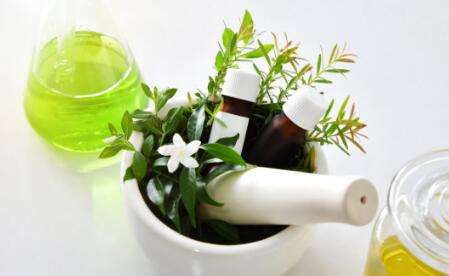
(1) Salicylic Acid
Salicylic acid was originally extracted from willow bark. In addition to the well-known effects of removing blackheads, removing closed mouth and controlling oil, the main principle is to exfoliate and control oil. It can also play an anti-inflammatory and anti-itch effect by inhibiting PGE2 to reduce inflammation.
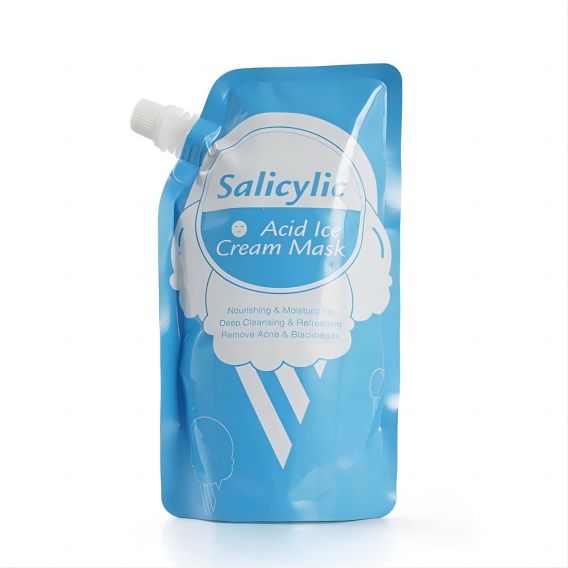
(2) Ferulic Acid
Ferulic acid was first discovered in ferulicum and is widely found in the cell walls of plant cells. It has dual effects of anti-aging and whitening, also known as "intercellular adhesive". The principle of anti-aging is mainly reflected in scavenging free radicals and preventing oxidative damage caused by free radicals. The principle of whitening is also relatively strong, which can inhibit the activity of melanocytes and tyrosinase, and inhibit the production of melanin from the source.

(3) Arbutin
Arbutin is an ingredient extracted from the leaves of the bearberry plant, which has whitening effects. It can inhibit the activity of tyrosinase and inhibit the production of melanin from the source.
(4) Pycnogenol
Pycnogenol is a natural antioxidant ingredient extracted from pine bark, which helps the skin resist ultraviolet rays and whiten. It can inhibit the production of inflammatory factors and help the skin resist harsh environments. Mainly increase skin elasticity, promote hyaluronic acid synthesis and collagen synthesis, etc., anti-aging.
(5) Purslane Extract
Purslane extract can inhibit the activity of tyrosinase, prevent the synthesis of melanin, and has a certain whitening effect. It has an obvious inhibitory effect on hyaluronidase, thereby realizing the effect of inhibiting allergic reactions. It can reverse the differentiation of keratinocytes, protect human skin cells from ultraviolet-induced cell damage, and play a role in soothing and repairing the skin barrier function.
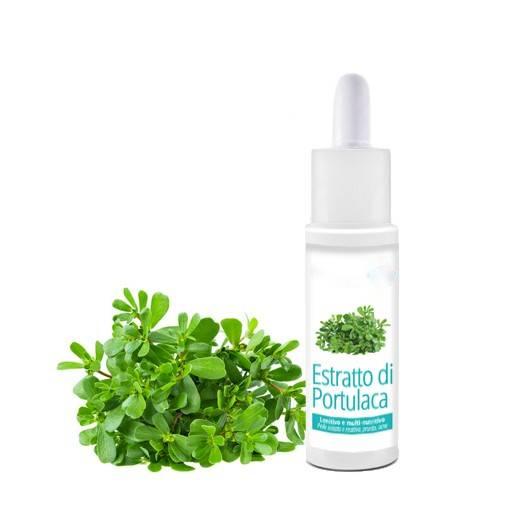
(6) Centella Asiatica Extract
Centella Asiatica extract has been used for thousands of years to remove scars and promote wound healing. Modern studies have shown that Centella Asiatica-related extracts can promote the growth of skin fibroblasts, promote skin collagen synthesis, inhibit inflammation, and inhibit the activity of matrix metalloproteinases. Therefore, Centella Asiatica has the effects of repairing damage to the skin and promoting the regeneration of aging skin.
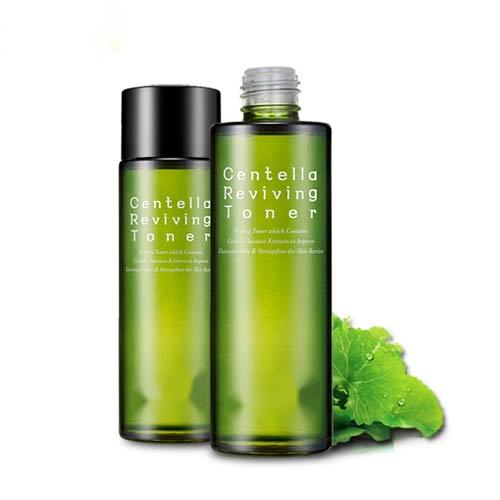
(7)Alpha Hydroxy Acids
Alpha hydroxy acids are a general term for organic acids extracted from various fruits, such as citric acid, glycolic acid, malic acid, mandelic acid, etc. Different fruit acids may have different effects, including exfoliation, anti-aging skin, whitening, etc.
Precautions About Botanical Extracts Benefits in Cosmetics
(1) Botanical Extracts Do Not Necessarily Come from Natural Plants
With the development of science, many ingredients derived from plants have a clear chemical structure, so they can be obtained through chemical synthesis. Some skin care products may add these "plant extracts" ingredients in order to create gimmicks, but the actual additions may be chemically synthesized.
(2) Treat Cosmetics Containing Botanical Extracts Scientifically
What exactly are botanical extracts ingredients and what are their benefits? It depends on what kind of plant extract it is. Some have clear active ingredients, while others are vague. Don't blindly follow and worship, but don't dismiss it all either.


 English
English French
French Spanish
Spanish Russian
Russian Korean
Korean Japanese
Japanese





